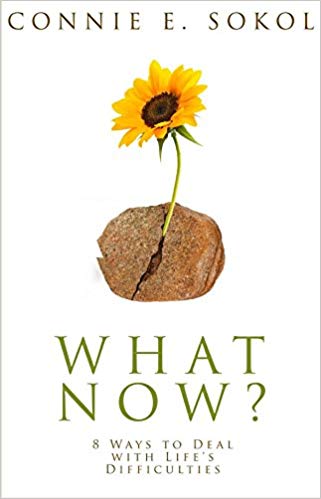A few days ago my son and I had a “moment”–of awareness, and success, and quiet celebration.
My little guy and I were hanging and talking when suddenly he told me about something that happened at school. He had brought his favorite football then put it down for a moment in what he thought was a safe place. Apparently, his nemesis (a girl he feels picks on him) went over and picked it up to take it.
So here was the moment.
I said, What did you do?
He said, I went over to her and said, “I’m mad. Did you see the name on the football? If it’s not yours, don’t play with it. Give it back.”
I said, “What did she do?”
He said, “She gave it back.”
Why was this a moment? Because for the past few years I’ve been working with him on identifying his emotions, processing them using his words, and appropriately using his voice. His genetics and past environment have made it difficult, if not scary, for him to do those very things and instead, clam up and default to meltdowns.
I’ve worked on these same things with some of my other children, ranging from autism to ADHD to anxiety. We’ve gone through these same processes: identify the start of the emotion, switchpoint the cycle, own your emotions, and choose a better option.
We’ve made and used “emotion faces” to identify emotions. We’ve drawn pictures, learned key words, made sticker charts, role-played and used scenarios, tried new behavior principles, applied scriptures, done time outs, reached our emotional max out point and given up, cried and given hugs, and cried some more, and started the process all over again.
He is seven.
This has been in a word, exhausting. He is learning skills that essentially 30-year-olds haven’t mastered. For layered reasons, this is the way that we have had to do it and it has been a road.
So that’s why, at this moment, I felt the absolute victory of his choices. To hear him say out loud, I’m mad, and to know and name what he felt; to know a boundary had been crossed and he was calling it out, and to know that he made a reasonable request to solve it and that it worked out. This was a seven-year-old triumph.👏
I’m not a therapist, or a doctor, or a psychologist. I’m a mom. But I know that over the years, with my different children, that I’ve been led to do, say, or endure things that I personally didn’t know how to. And I’m not saying I did these things always right or helpfully.
I am saying that as mothers, we truly are lionesses at the gate. And that every single drop of awareness, love, intention, process, principle, learning, trying, and doing matters. That ultimately, the genuine attempt is what matters most, regardless of the immediate outcome.
In that one interchange, I also had a moment. Of gratitude, of confidence, of knowing that he had reached a beautiful milestone, unseen and unheralded by others because they didn’t know what that fleeting experience meant.
But I did.
For that moment, it was a sweet victory between my little guy, God, and myself.
And then life went on.

Want more tips on helping your children in difficult situations? Check out this podcast:

